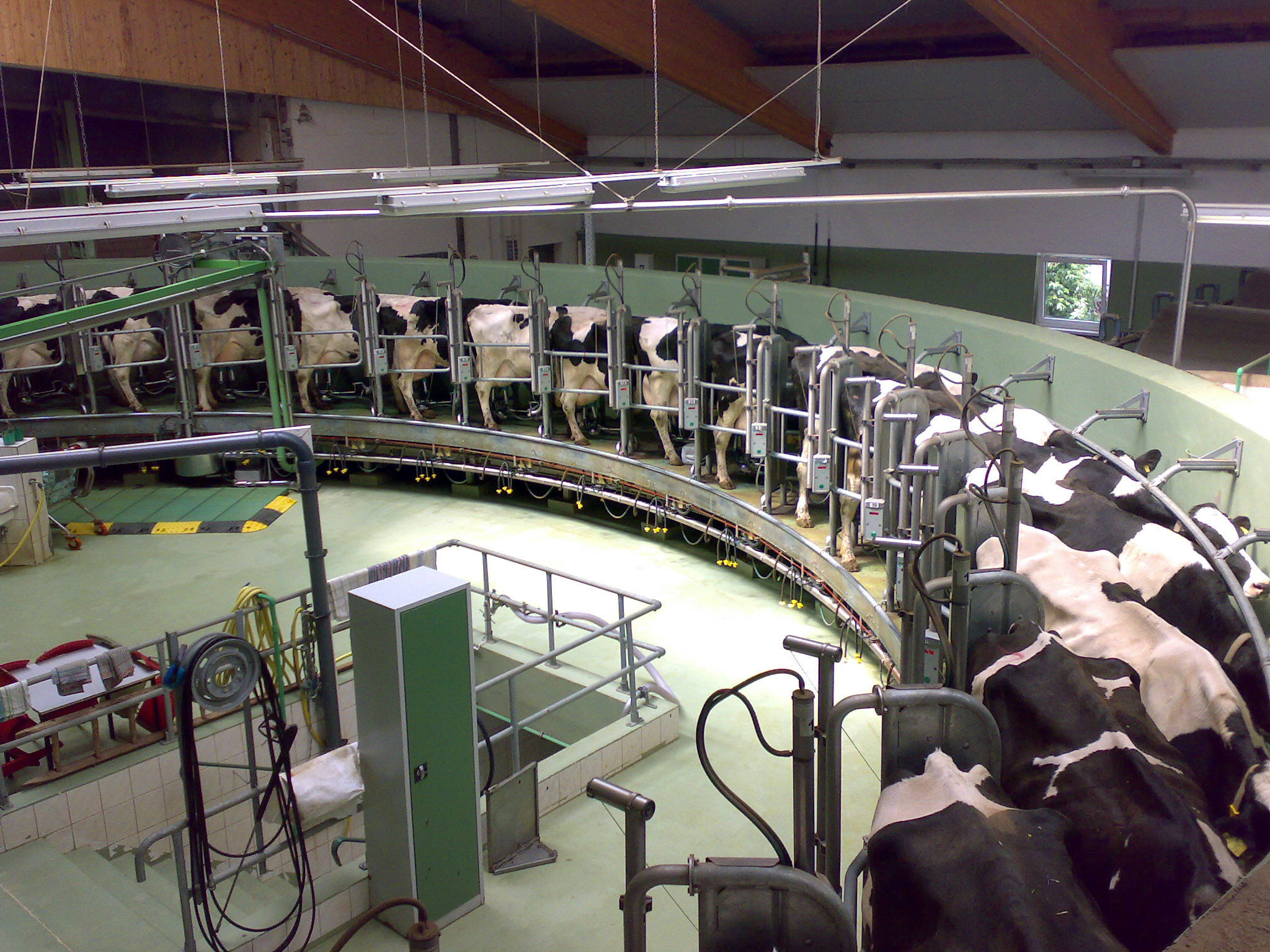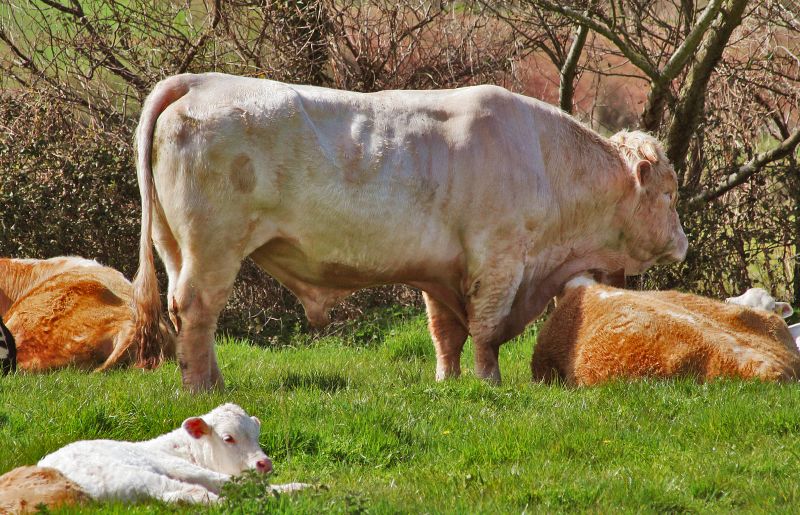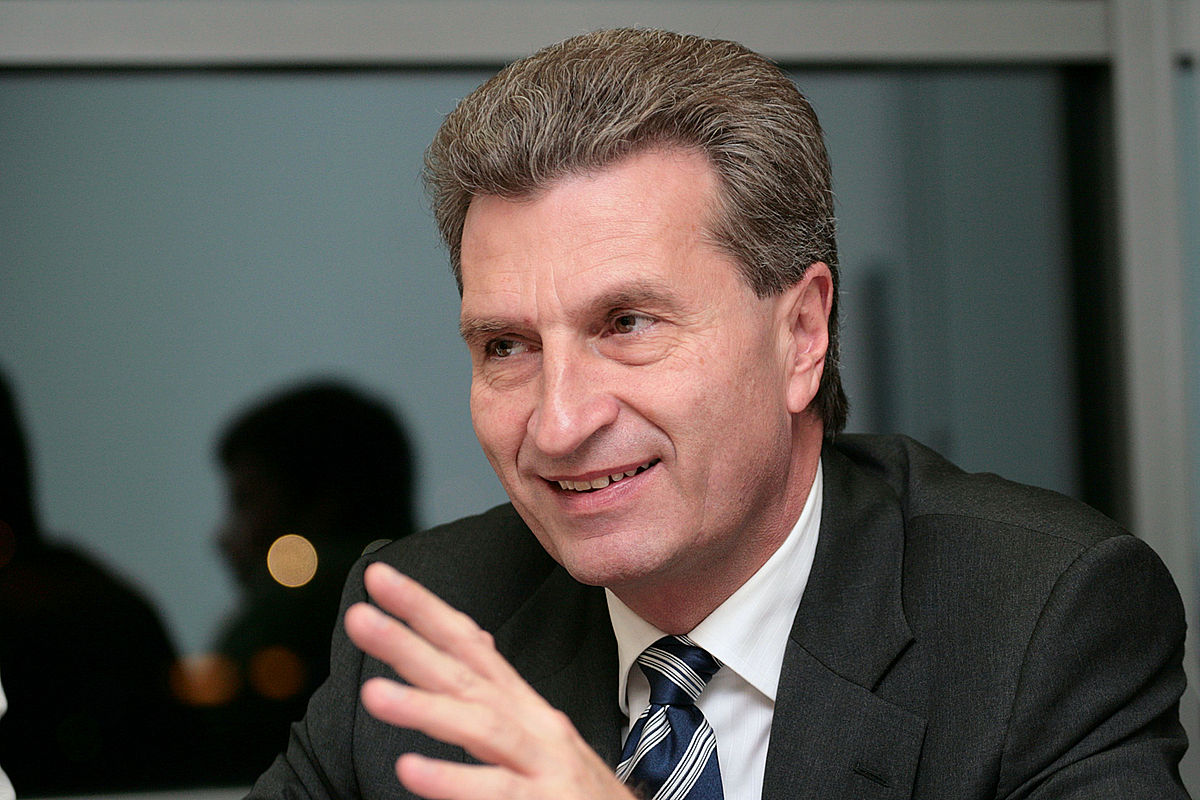A particular type of farm structure is not an explicit policy objective of the EU’s Common Agricultural Policy (CAP). However, facilitating structural change is an objective of the CAP, set out in Article 39 of the Treaty on the Functioning of the European Union, as a way of ensuring a fair standard of living for the agricultural community and increasing the individual earnings of persons engaged in agriculture (the Treaty language speaks of “ensuring the rational development of agricultural production and the optimum utilisation of the factors of production, in particular labour”).
However, there is a widely-shared view that it is desirable to maintain the family farm model of European agriculture.… Read the rest









